
Radar | Nov 28,2021
Apr 20 , 2019
By BERHANE HAILEMARIAM ( FORTUNE STAFF WRITER )
Six companies have been awarded mineral exploration concessions in the Amhara and Tigray regional states. Five of the companies will be engaged in the exploration of metals, while one has signed concessions to explore limestone.
Sekota Mining Plc, Agodoyo Metal & Other Minerals Enrichment Plc, Himira Mining Plc, Altaw Resources Limited and Sun Peak Metals, a Canadian company, will explore metals in the Amhara Regional State. Ayiga Trading Industries will explore limestone in Tigray Regional State.
This is the first concession for all the mining companies except Sekota, which was founded by Luciano Frattolin and Beijing CBRF Technology Group Co. Ltd. It has already secured a 20-year concession to extract iron ore in the Amhara Regional State last year.
A seventh company, Africa Mining & Energy Plc, which has experience investing, developing and managing resource projects in Ethiopia, Uganda, Rwanda and Sudan, was also scheduled to sign a licensing deal but failed to show up during the signing event.
The total investment by the mining companies is nearly 90 million Br for the exploration of minerals.
The concession agreements, all of which are for three years, with a possible extension period of a year, were signed between representatives of the mining companies and Assfa Kumsa, state minister for Mines & Petroleum, on April 16, 2019, at the premises of the Ministry.
There are 56 more concessions likely to be signed in the coming months, according to Samuel.
“Mining is a risky and capital intensive business that requires committed and courageous investors to come up with the desired result,” he said, adding that requirements have been eased to attract investors in the industry.
What was distinctive about this concession is the participation of regional mining bureaus in the process of selection of the companies, according to Assefa Kumsa, state minister for the mining division.
“Previously, the Ministry selected companies without prior knowledge of the regional mining bureaus,” he said.
Last September, 84 mine exploration and extraction licenses were terminated in the Oromia Regional State, because they allegedly did not execute their duties, failed to pay royalty fees and taxes and create employment opportunities.
The mining industry had been in a downward spiral for the past few years. It earned 130 million dollars, a far cry from the over 600 million dollars earned from the sector seven years ago.
The biggest earner in the sector is gold, which fetched 291 million dollars in the 2015/16 fiscal year. Its revenue was almost a third of that value by last year and contributed only 3.5pc. The volume that is exported has declined by a third in 2015/16 and by half to 2.8 million kilograms last fiscal year.
According to an expert on economic geology for nearly three decades at Addis Abeba University’s School of Earth Science, increasing the number of mining companies in the country is the surest means of developing the industry.
“Stability in the country is key for more investment to come, as mining is a risky and capital intensive business, which could easily repel investors,” said Solomon Tadesse (Prof.).
PUBLISHED ON
Apr 20,2019 [ VOL
20 , NO
990]

Radar | Nov 28,2021

Fortune News | Jun 01,2019
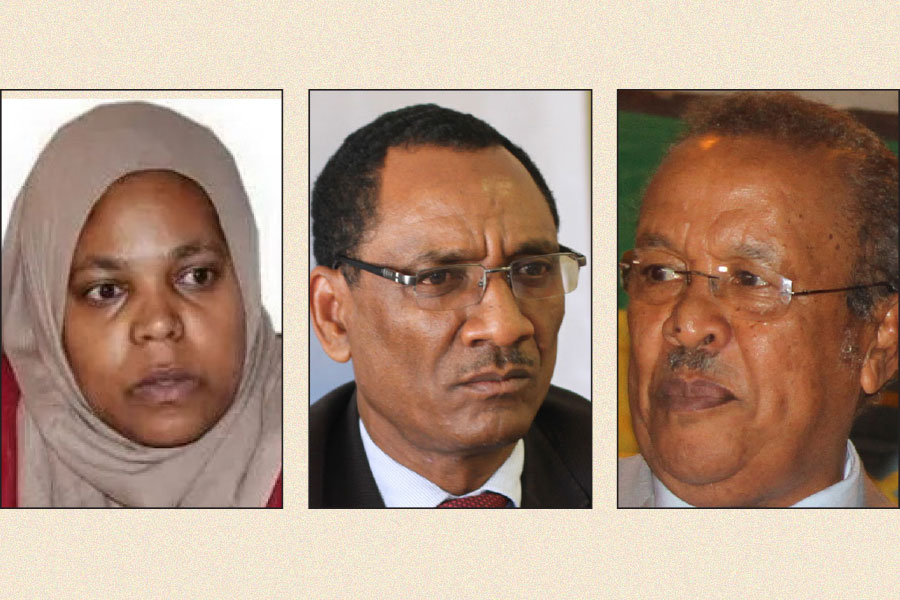
Fortune News | Jun 06,2023
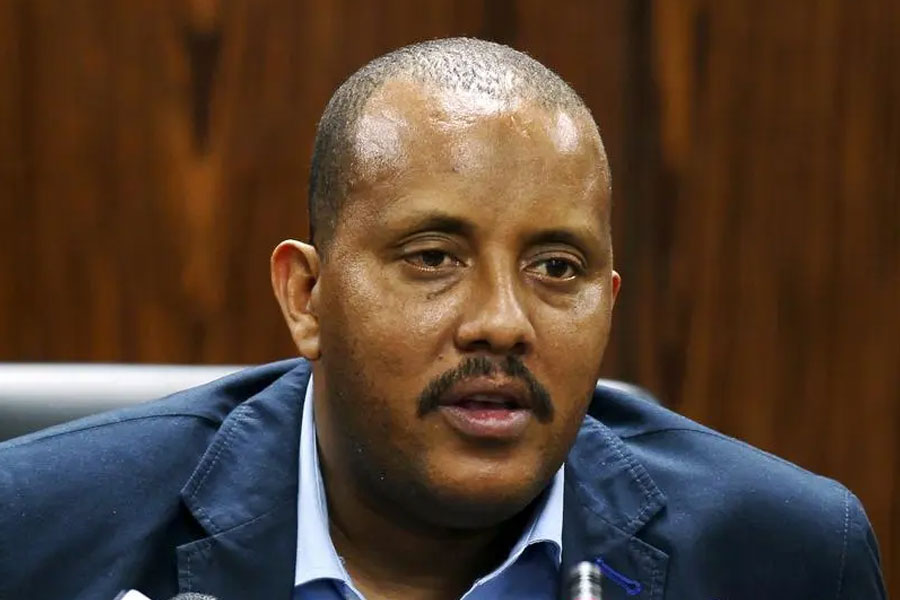
Verbatim | Nov 26,2022

Radar | Jan 03,2021
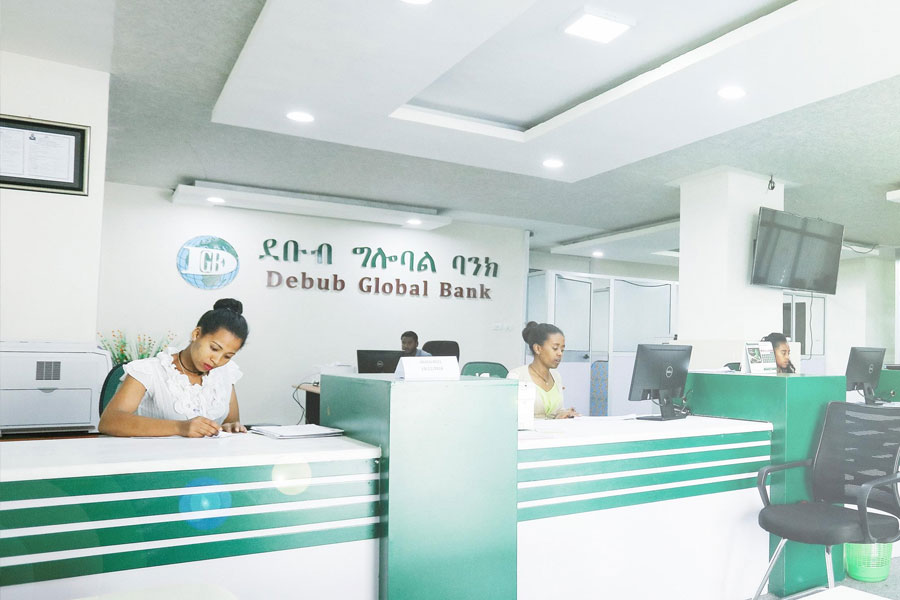
Fortune News | Jan 02,2021
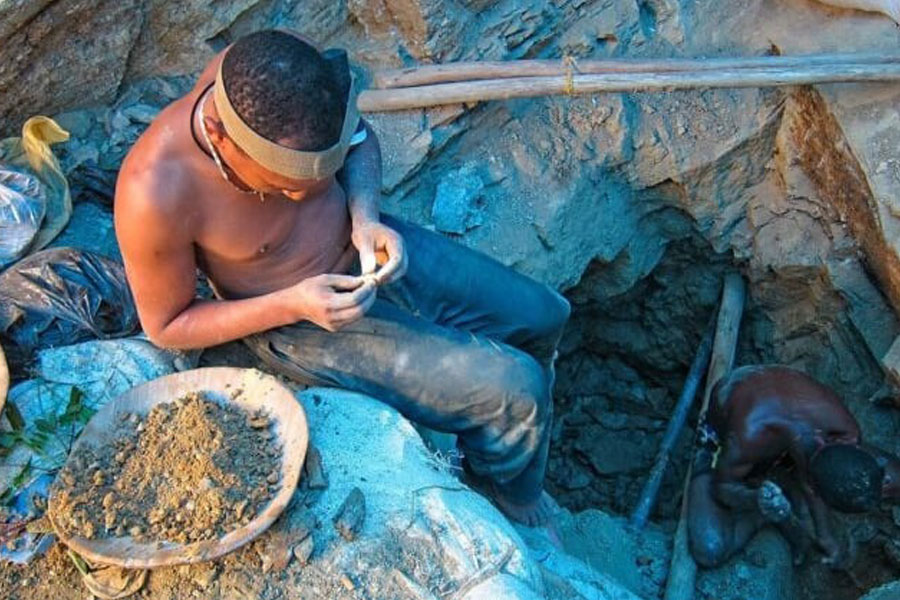
Fortune News | Mar 30,2024
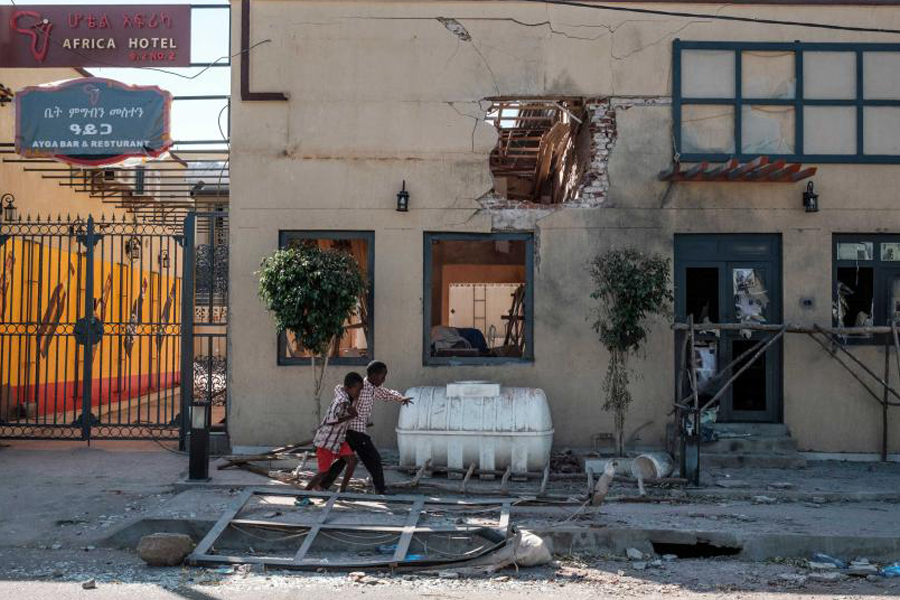
Fortune News | Jul 28,2024

Fortune News | Sep 10,2022

Radar | Mar 09,2019

Dec 22 , 2024 . By TIZITA SHEWAFERAW
Charged with transforming colossal state-owned enterprises into modern and competitiv...

Aug 18 , 2024 . By AKSAH ITALO
Although predictable Yonas Zerihun's job in the ride-hailing service is not immune to...

Jul 28 , 2024 . By TIZITA SHEWAFERAW
Unhabitual, perhaps too many, Samuel Gebreyohannes, 38, used to occasionally enjoy a couple of beers at breakfast. However, he recently swit...

Jul 13 , 2024 . By AKSAH ITALO
Investors who rely on tractors, trucks, and field vehicles for commuting, transporting commodities, and f...

Oct 25 , 2025
The regulatory machinery is on overdrive. In only two years, no fewer than 35 new pro...

Oct 18 , 2025
The political establishment, notably the ruling party and its top brass, has become p...

Oct 11 , 2025
Ladislas Farago, a roving Associated Press (AP) correspondent, arrived in Ethiopia in...

Oct 4 , 2025
Eyob Tekalegn (PhD) had been in the Governor's chair for only weeks when, on Septembe...